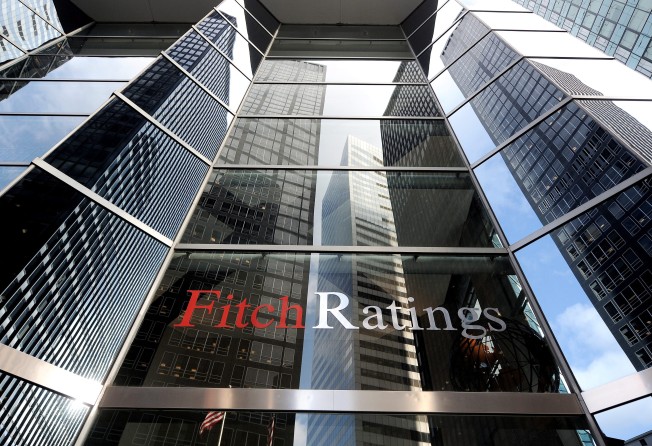China credit ratings unharmed by market volatility, Fitch says

China cannot possibly deliver the stability it craves for its equity markets, but that does not necessarily threaten the trajectory of the country's economic reforms or its credit ratings, Fitch's sovereign ratings chief told the South China Morning Post.
"It may be beyond the reach of policymakers to control equity markets. It's as simple as that," James McCormack, global head of sovereign and supranational ratings, said in an interview on the sidelines of a conference in Hong Kong.
"They are never going to be able to fully control where the market goes on a day to day basis. Holding them to that standard is the wrong standard," McCormack said.
"The credit fundamentals are unchanged by what we see going on in the equity market," he said. "Financial market volatility in and of itself, particularly when it is not associated with debt markets, which it is not, for now… is not something that really drives ratings."
China is rated A-plus by Fitch with a stable outlook, which investors tend to interpret as meaning the rating is unlikely to change during the next six months.
Where investors should focus is on Beijing's efforts to deliver broad financial stability in the face of a slowing economy with changing growth drivers and to reduce the country's dependence on debt to drive economic activity, McCormack said.
"Moving through those two transitions while avoiding stress in the financial sector, I think that is the agenda in front of the financial authorities and I think that is a difficult enough agenda to manage," he said.
"We are not under any illusions. There will be hiccups, there will be setbacks, there will be periods of time where maybe there is a negative growth shock based on something inside China or an external shock, but those two trends are important for the long-term health of the Chinese economy and we think they are two trends that the authorities understand well and are committed to."
McCormack interpreted the recent spike in global financial market volatility as a function of investors adjusting portfolios to reflect the reality of mainland economic growth slowing beyond previous consensus forecasts. Economists now widely believe that the mainland economy is growing more slowly than the government's 7 per cent target and is at risk of slowing slightly more in the months ahead.
"Moving towards new equilibriums is not necessarily a smooth process, but we will get there," he said. "I'm not sure we can conclude that the recent volatility in the equity market really means more volatility for China going forward."
But he said an increase in volatility - and more rapid shifts in policy making - was inevitable as Beijing delivers more market-based economic reforms.
"It seems that now policy decisions are being taken more quickly and obviously when policy decisions are taken more quickly there is a higher probability of making policy mistakes and then having to reverse policy or change policy. But it's also part of having a more dynamic economy that policymaking will be required to be more responsive and quicker," McCormack said.